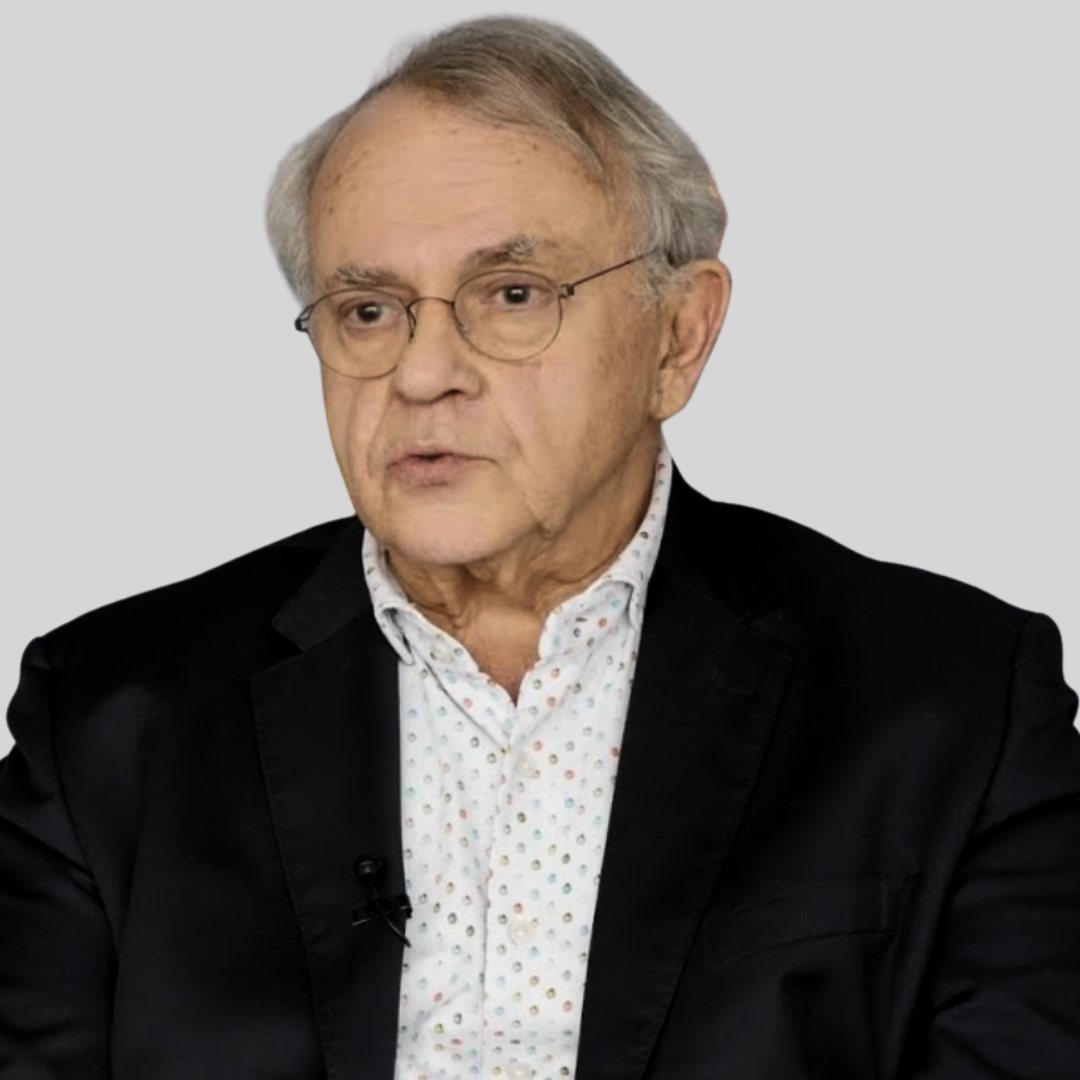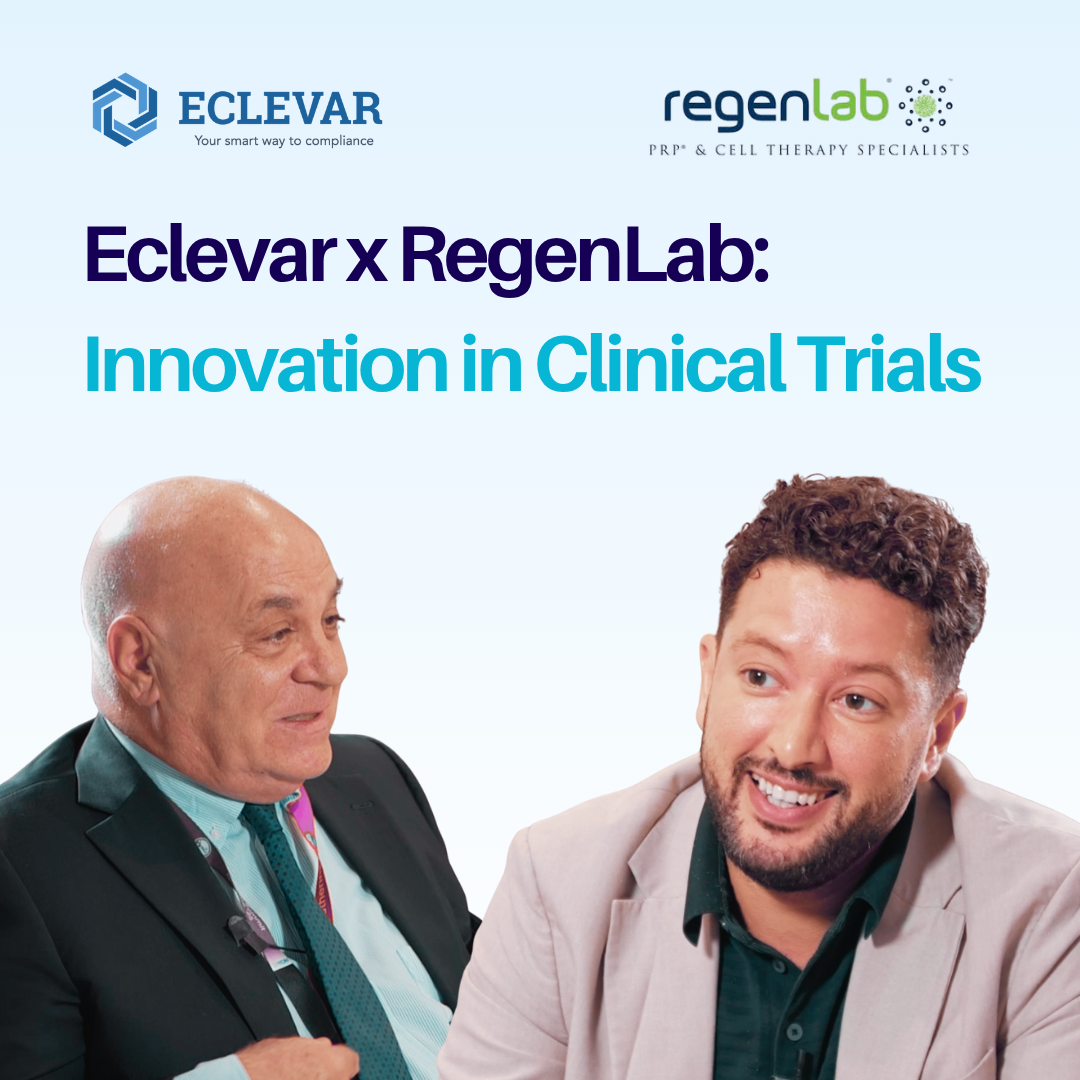Led by Wound Care Experts
Our scientific advisory board includes internationally recognized wound healing specialists

Prof. Luc Teot
Head of Wound Healing Unit, CHU Montpellier
Internationally recognized expert in wound healing and reconstructive surgery with over 30 years of clinical experience. Pioneer in advanced wound care therapies and clinical research methodologies.
LinkedIn ProfileWhat is Wound Care?
Understanding the science and medical approach to wound healing
The Healing Process
Wound care is the process of improving the efficiency of wound healing, which is a natural response of human bodies to trauma or injury. While some wounds heal without intervention, many are subject to factors that impede fast healing.
Healing a wound means repairing damaged or missing tissue layers or cellular structures. This process usually happens naturally in three stages:
- Inflammation: Initial immune response and blood clotting
- Repair: New tissue formation and granulation
- Remodeling: Tissue maturation and scar formation
Acute vs. Chronic Wounds
When a wound remains in the inflammatory state, it requires medical intervention and can be classified as:
Acute Wounds
Progress through normal healing stages with proper care. Most wounds fall into this category and will close with appropriate treatment.
Chronic Wounds
Non-healing wounds that require symptom control, complication prevention, and pain management rather than complete closure.
Wound Bed Preparation
Most wound care treatments are based on preparation of a "wound bed," which provides the ideal conditions for natural healing. This may involve removing foreign material or necrotic tissue, or in severe cases, applying a graft or flap.
Wound Care Medical Devices
While medicines and traditional treatments are commonly used, medical devices play a crucial role in modern wound care. New products and devices are constantly being developed, and as a wound care CRO, we stay at the forefront of treatment innovation.
Hyperbaric Oxygen Therapy
Patients receive 100% oxygen inside a special chamber, which helps repair damaged tissue and grow new skin and blood vessels, accelerating the healing process.
Negative Pressure Wound Therapy
Involves drawing out fluid from a wound using a special bandage and gentle vacuum pump, helping to reduce infection and accelerate healing.
Electrical Stimulation Therapy
A device applies electrical current to the skin near the wound to speed up healing of severe wounds by stimulating cellular activity and blood flow.
These are just some examples of medical device therapies currently available for healthcare providers. Clinical research is continuously conducted to test and improve new methods for treating and healing wounds in various stages.
The Role of Clinical Trials in Wound Healing Healthcare
Ongoing clinical research is responsible for the continuous improvement of wound care options available to healthcare providers
Essential for Device Development
Clinical trials are essential to the design and testing of new wound healing medical devices. Medical product manufacturers need to conduct clinical studies before being able to market a new device, or partner with a wound care CRO with experience in their targeted market.
With many surgical procedures being performed and an increasing aging population, surgical wounds are the focus of many clinical trials testing wound care products.
Some chronic disease patients, like diabetics, have a high risk of developing chronic wounds, and there are clinical trials aimed at developing wound care treatments specifically for them.
US Wound Care Market
Market value in 2024
Annual growth rate until 2030
Source: Grand View Research
These numbers give an indication of how active the wound healing product market is and show the critical role clinical trials play in the medical industry.
Recent Developments in Wound Healing Clinical Trials
From macro to micro: exploring new frontiers in wound healing technology
Macro Factors Targeting
Until recently, wound care products being commercialized focused mainly on targeting "macro" factors that promote healing, such as moisture control and pressure management.
Micro Factors & Cellular Targeting
More recently, researchers have explored the opportunity to target "micro" factors such as rebuilding of cells and proteins to accelerate the healing of wounds.
Advanced Biomaterials
In this area, advanced biomaterials are being developed through clinical research to create extracellular matrix – which has the potential to stimulate the body's immune response and treat inflammation.
Innovative Delivery Devices
Injectable Products
Direct cellular delivery
Biomaterial Devices
Controlled release systems
These innovative therapies represent the future of wound care, combining advanced materials science with biological understanding to create more effective healing solutions.
Eclevar x RegenLab: Innovation in Clinical Trials
Discover how advanced clinical trials and regenerative medicine are transforming wound care outcomes across Europe. Learn about rigorous clinical research, innovative data collection, and regulatory excellence driving breakthrough treatments.
Watch Now
Comprehensive Wound Care CRO Services
End-to-end clinical trial management for wound healing devices and therapies
Clinical Trial Design
Protocol development, endpoint selection, and study design optimized for wound healing assessments and regulatory requirements.
Site Selection & Management
Access to specialized wound care centers and expert investigators across Europe with proven track records in wound healing studies.
Patient Recruitment
AI-driven recruitment strategies to identify and enroll patients with specific wound types, ensuring rapid study initiation.
Data Collection & EDC
MILO Healthcare platform with eCRF, ePRO, and real-time monitoring for wound measurements, photos, and patient-reported outcomes.
Regulatory Affairs
EU MDR compliance, ethics submissions, and regulatory strategy for wound care devices across European markets.
Medical Writing
Clinical Evaluation Reports (CER), PMCF plans, and study reports tailored for wound healing medical devices.
Wound Types We Study
Specialized clinical trial experience across all major wound categories
Surgical Wounds
Post-operative wound management, incision healing, and surgical site infection prevention studies.
Focus areas: Orthopedic procedures, cardiovascular surgery, general surgery, cosmetic procedures
Chronic Wounds
Long-term wound healing studies for pressure ulcers, venous leg ulcers, and non-healing wounds.
Focus areas: Pressure ulcers, venous insufficiency, arterial ulcers, mixed etiology wounds
Diabetic Foot Ulcers
Specialized protocols for diabetic wound healing, infection management, and amputation prevention.
Focus areas: Neuropathic ulcers, ischemic wounds, Wagner classification, offloading devices
Burns & Trauma
Acute wound healing studies for thermal injuries, traumatic wounds, and skin graft integration.
Focus areas: Partial-thickness burns, full-thickness burns, traumatic lacerations, skin substitutes
Accelerate Your Wound Care Device to Market
Partner with Eclevar MedTech for expert clinical trial management and regulatory support tailored to wound healing innovations.
Email: clientcare@eclevar.com
